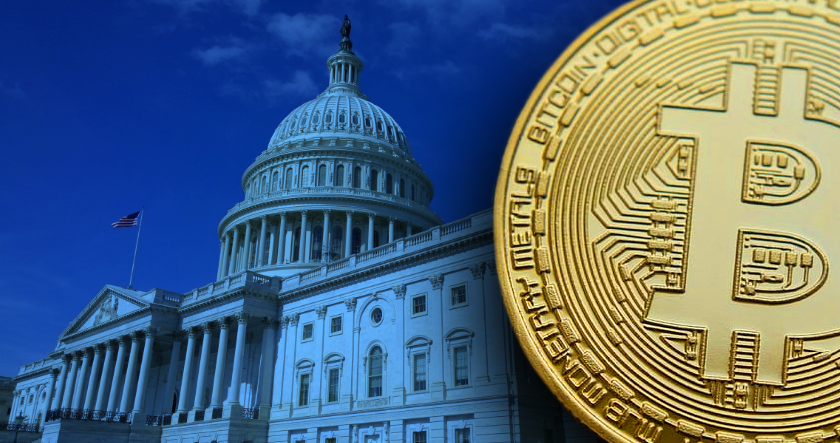What if the value of money was untethered to the disagreements between politicians? As the government shutdown and ensuing devaluing of the dollar looms in the US, many are wondering if there isn’t a better way – one that would liberate something so essential as currency from the continual bickering on Capitol Hill. As the premier option for decentralized banking, cryptocurrency is often the first thing that comes to mind. The more you look into it, the more it holds up: adopting cryptocurrency would make government shutdowns virtually inconsequential.
As it stands, government shutdowns have significant effects on the US economy. The current projected shutdown is anticipated to dampen the US economy by 0.2% for every week it lasts. With US GDP coming in at $20.39 trillion, that’s $4 billion a week.
It’s a pattern that’s been seen again and again, with shutdowns leading to the loss of US GDP, delays in processing billions of dollars in small business loans, delays in the disbursement of billions of dollars government contracting funds, and the loss of billions of dollars in wages for federal workers. In other words, government shutdowns cost a lot of people a lot of money, and, as the cherry on top, the value of the dollar goes down for everyone afterwards.
Cryptocurrency as the Solution
Recognizing the layers of costs to the US economy involved in a government shutdown, it makes sense that the answer would be to decouple the government from it. In other words, by making currency decentralized and not dependent on the whims and fortunes of a governing body, economic losses are minimized.
Most of us are not in a position to adopt cryptocurrency as the standard currency for our nation, but we can affect the holdings of our small businesses, organizations, institutions, and, of course, our personal assets. By conducting transactions in cryptocurrency, particularly cryptocurrencies that are associated with finite values such as Bitcoin, we’re opting into a system that asserts that financial well-being should not be subject to political gridlock.
It’s true that small businesses that operate using cryptocurrency could still face loan delays while the government is shut down. But by having assets and investments in cryptocurrency rather than in the tragically declining dollar it creates a cushion that can help weather financial storms. Diversification is always a good idea – particularly when one of your crops is just not producing the way it used to. And for personal savings and investments, experts agree that diversification should be a priority.
Because cryptocurrency is, by design, not connected with a centralized authority (such as a government), there is no way it can be shut down by a single hand at the wheel. For long term financial stability, this is a much more favorable situation to be in than the one that is directly dependent on a single entity.
It’s the same argument that’s being made around the world as countries talk about de-dollarization and moving into adopting new currencies such as whatever BRICS may come up with – or, in the case of forward-thinking countries like El Salvador, Bitcoin. When you think about financial transactions today, they’re already most often digital whether its bank transfers or credit card payments. So we’d like to say the future of money is digital, but the reality is we’re already there. Money is already mostly digital, so why not use the currency specifically built for a digital world?
As anyone on Capitol Hill will tell you, there’s no easy solution to government budget gridlocks. For the rest of us, however, there is a way to “vote” for an alternative.







